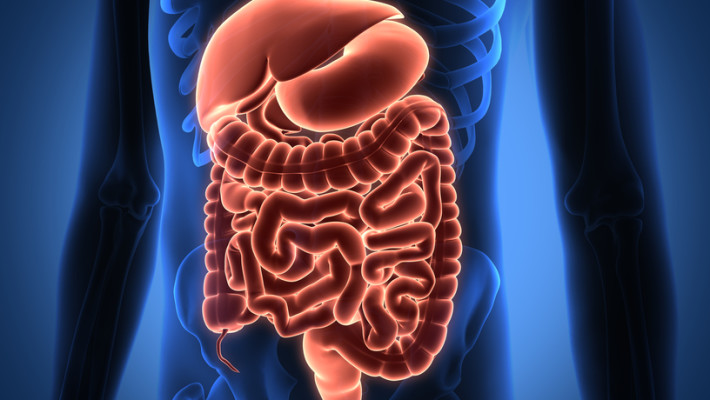
Chronic Candida – Is It Really All About Yeast?
In recent years the increased awareness of molds, fungus, and yeasts in our food and environment has led many health practitioners to look at these organisms in association with chronic illness. For years, alternative health practitioners have recognized the relevance of diet, lifestyle, stress, digestive problems, parasitic and yeast infections as causative agents in chronic illness. Today, chronic candida seems to be an epidemic among people with chronic fatigue, fibromyalgia, allergies, asthma, hormone imbalances, and digestive system complaints.
Candida albicans is a form of fungus of the genus Candida. It is a ubiquitous yeast that can become pathogenic if a favorable environment or the host’s weakened defenses allow the organisms to proliferate. The key point to understand is that it does not become a problem unless our body allows it to overgrow and overpopulate the intestinal tract. Candida does not become a problem all on its own. It does not live in isolation from the rest of the body, nor does it become deeply rooted in the body without a dysfunction in our own immune defenses. Much of this dysfunction starts at the mucosal lining of our intestinal tract, as well as the lining of the lungs, nose, sinuses, bladder, urethra, and vagina. Here the immune system secretes powerful chemicals that neutralize infectious organisms, allergens, and toxins and helps maintain a normal balance of beneficial bacteria. If this mucosal lining is compromised from food sensitivities, parasites, pathogenic bacteria, antibiotics, drugs, poor diet, etc. we become more susceptible to overgrowing candida.
It has become very popular in alternative medicine to assign many conditions of ill health to chronic candida and then use various medicines, herbs, and dietary restrictions to eliminate the yeast. Although candida may play a role is chronic illness, and the toxins that are released from candida can cause biochemical changes leading to signs and symptoms of fatigue, depression, joint discomfort, bloating, gas, and lethargy, attempts to eliminate candida are usually met with frustration and unsatisfactory results. The reason that many people suffering with chronic candida is because they have imbalances in the systems of their body that keep us healthy. These systems include underlying adrenal hormone regulation, decreased mucosal immune function, intestinal inflammation from certain foods such as gluten, soy and dairy, and chronic bacterial and parasitic infections.
In our practice, an extensive work-up is established with anyone who manifests with complaints of chronic candida. We use has state-of-the-art laboratory tests to determine the root cause of an individual’s health problems, including specific tests to diagnose issues related to overgrowth of candida. These tests assess the intestinal system for infections and immune function, blood testing for presence of yeasts, bacteria, and parasites, and urine and saliva testing to determine the underlying state of the body’s ability to handle stress. All of these diagnostics are essential to adequately evaluate your body for chronic candida, and to help us prioritize a successful treatment program.
Food sensitivities, parasites, and bacterial infections are all important factors contributing to a dysfunctional digestive system, and the need for proper elimination of these issues is essential for good health.




